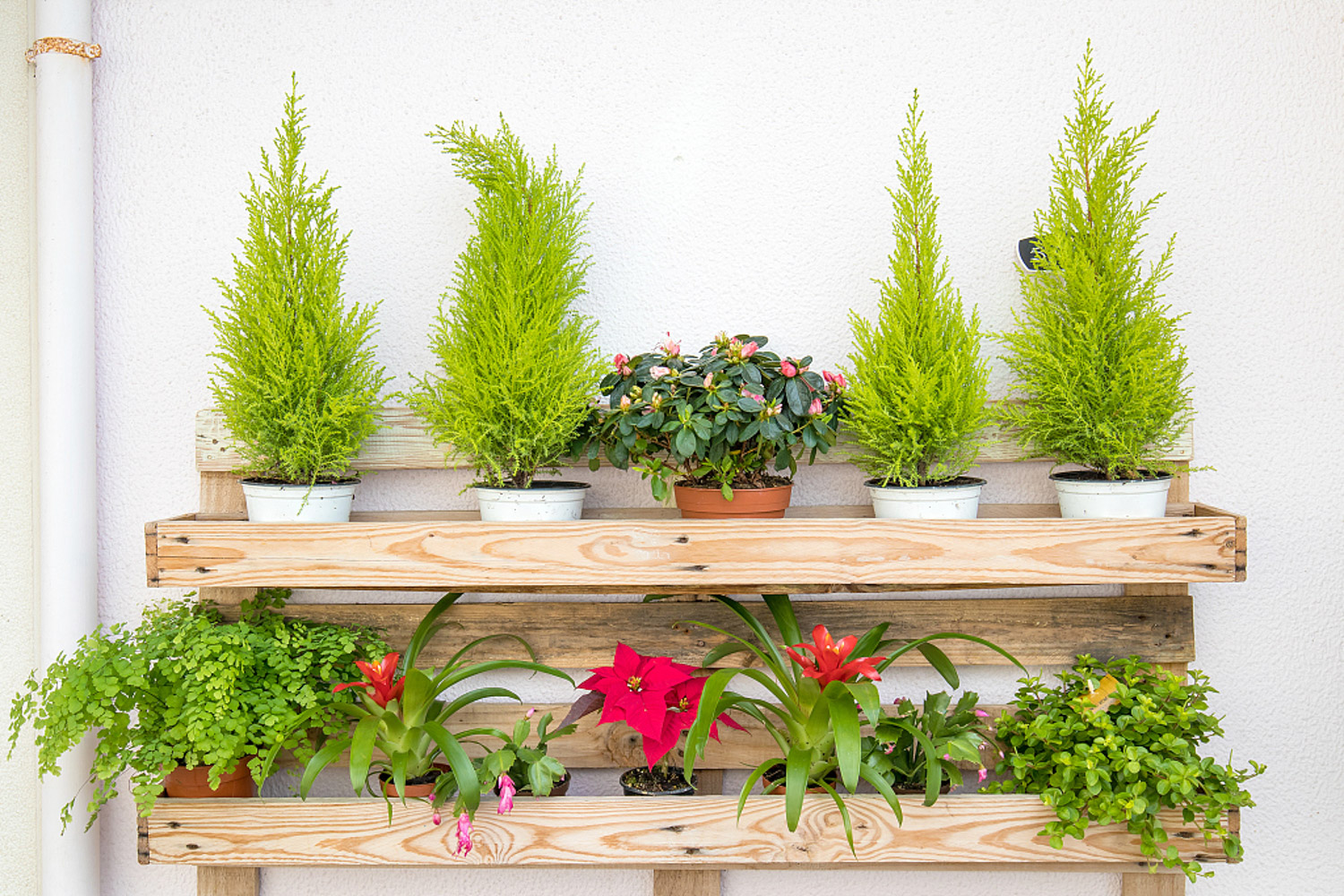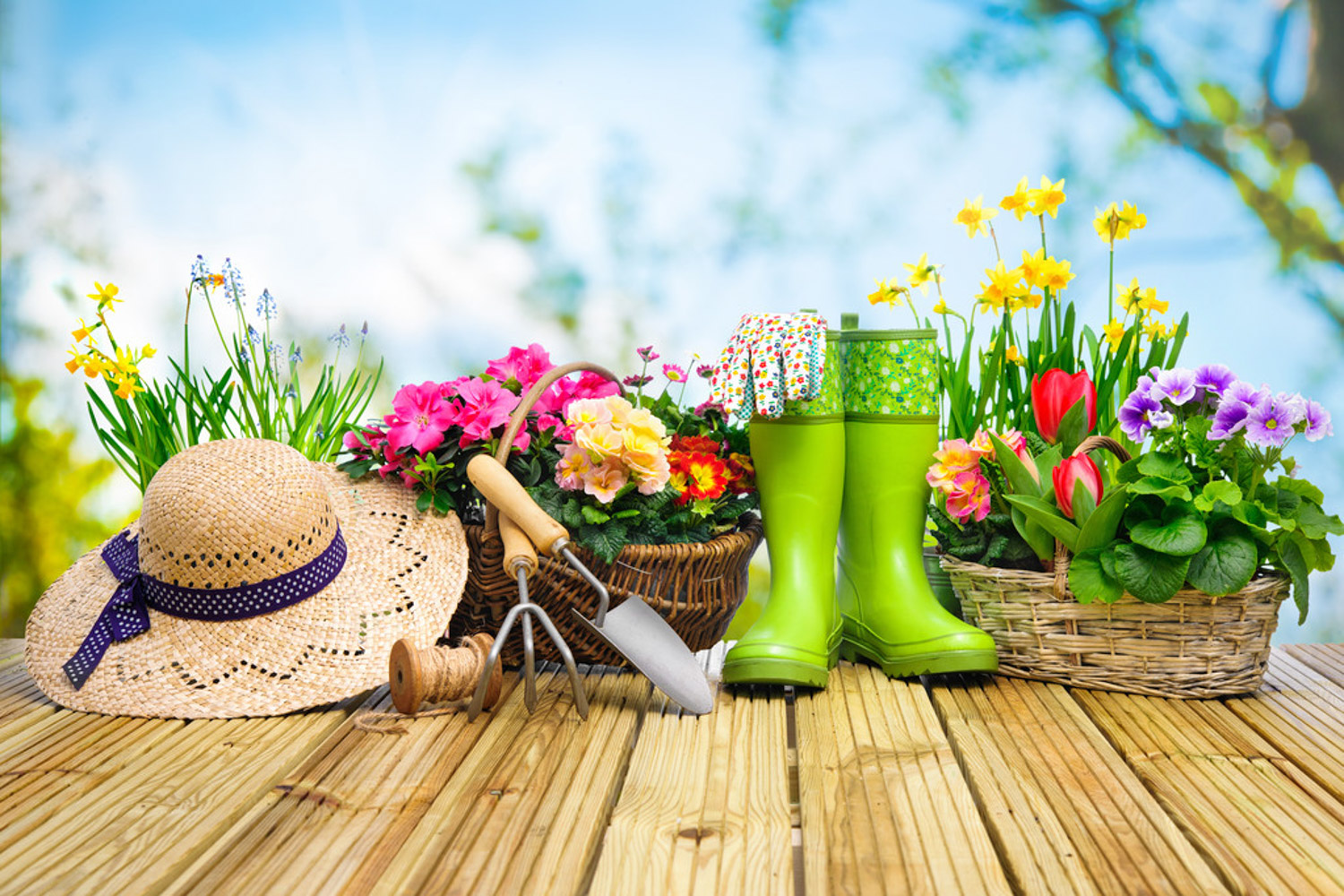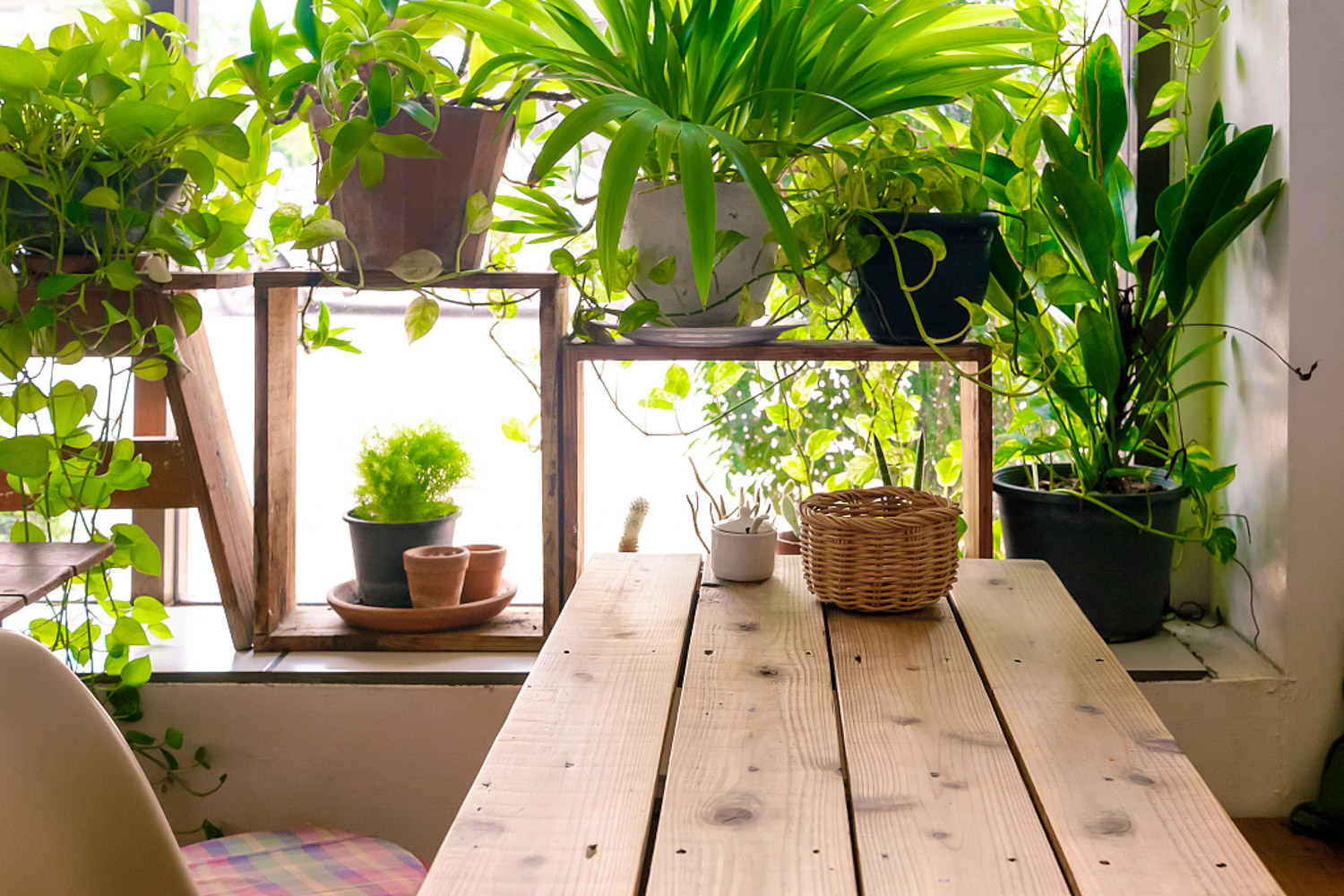1. Selection of flower soil and flower utensils
When selecting soil, we prefer loose and fertile alkaline soil. Here we can mix rotten leaf soil, garden soil, river sand and so on. After preparation, let it be exposed to the sun for a few days to facilitate full sterilization. When choosing flower utensils, it is best to use transparent purple sand basin or pottery basin, but the flower utensils should not be too large
2. Light temperature control
It is very fond of semi Yin environment. When breeding indoors, it is best to put it on the balcony facing east, so that it can not only receive sufficient light in the morning, but also avoid the hot sun at noon. It likes low temperature environment. When controlling the temperature, it is best to be 15 degrees to 20 degrees. In winter, it needs to be kept above 10 degrees. Only in this way can it bloom next year

3. Supply of water and fertilizer
It likes humidity, especially before the flowers open, it should ensure sufficient water and avoid water shortage, otherwise it will be difficult for it to bloom when it is a small plant. When watering, pay attention not to cause ponding in the basin, otherwise it will cause rotten roots. It likes fertilizer very much. When spring comes every year, it will be in the best period of growth. At this time, stems will appear on its plants. We should be more diligent in fertilizing it, and it is best to apply foliar fertilizer once a week

4. Post flowering treatment
Many people will be careless after it is spent. However, at this time, they should deal with it in time and take care of it, so as to produce more flowers in the coming year. Usually, it will reach the dormancy period after flowering. At this time, we should cut off the residual flowers on its branches, pour enough water, and apply phosphorus and potassium fertilizer once to make the underground root block get more nutrition and lay a foundation for more flowers in the coming year
5. Daily maintenance
First of all, after it is planted, it should be watered enough to fully connect the roots with the soil and help the plant better absorb water and nutrients. Then, when changing pots for it every year, keep 1 or 2 branches and buds on the root, and place them in the shade for a week after transplanting respectively, and then move it to a place with sufficient light


 how many times do yo...
how many times do yo... how many planted tre...
how many planted tre... how many pine trees ...
how many pine trees ... how many pecan trees...
how many pecan trees... how many plants comp...
how many plants comp... how many plants can ...
how many plants can ... how many plants and ...
how many plants and ... how many pepper plan...
how many pepper plan...




























